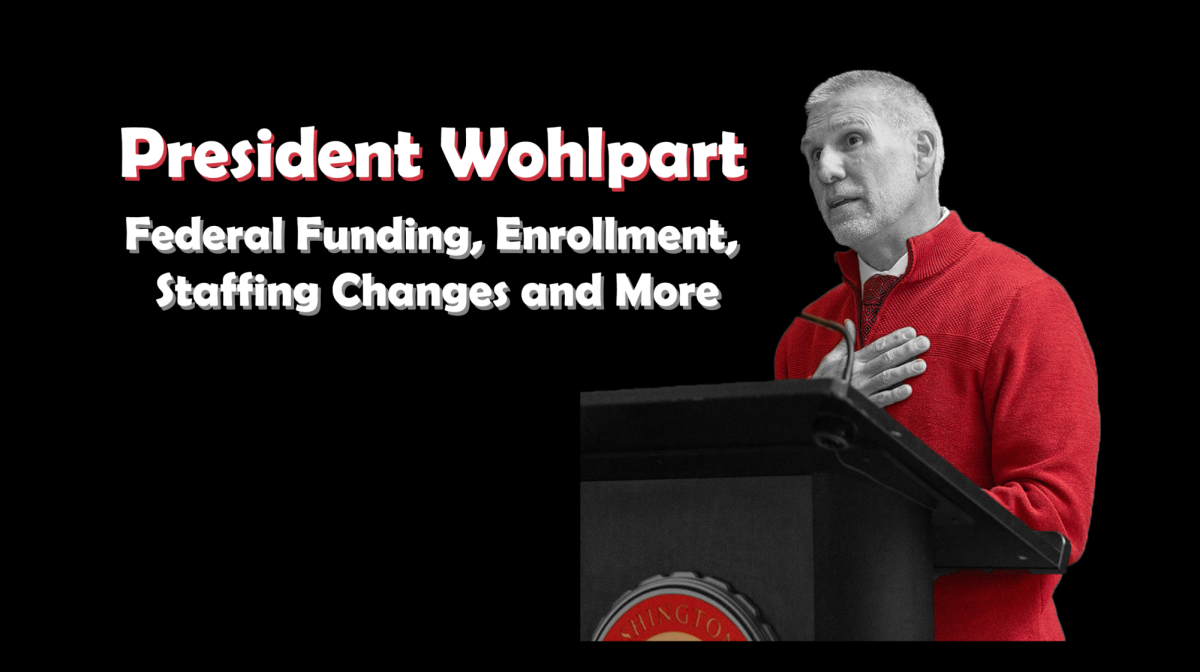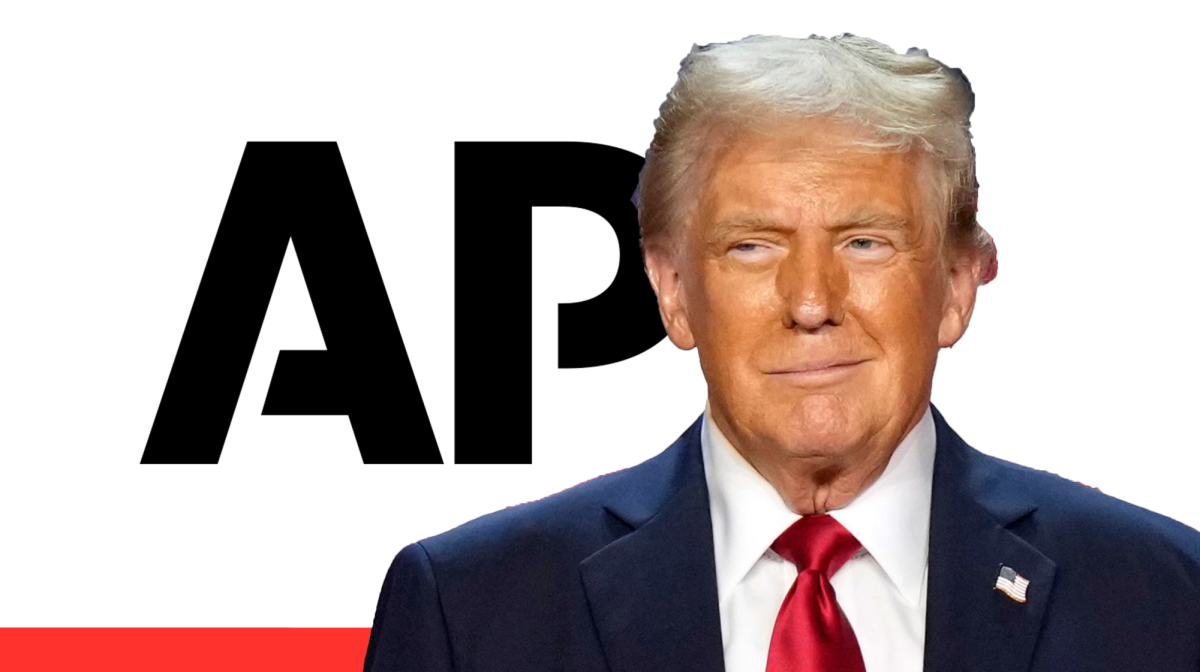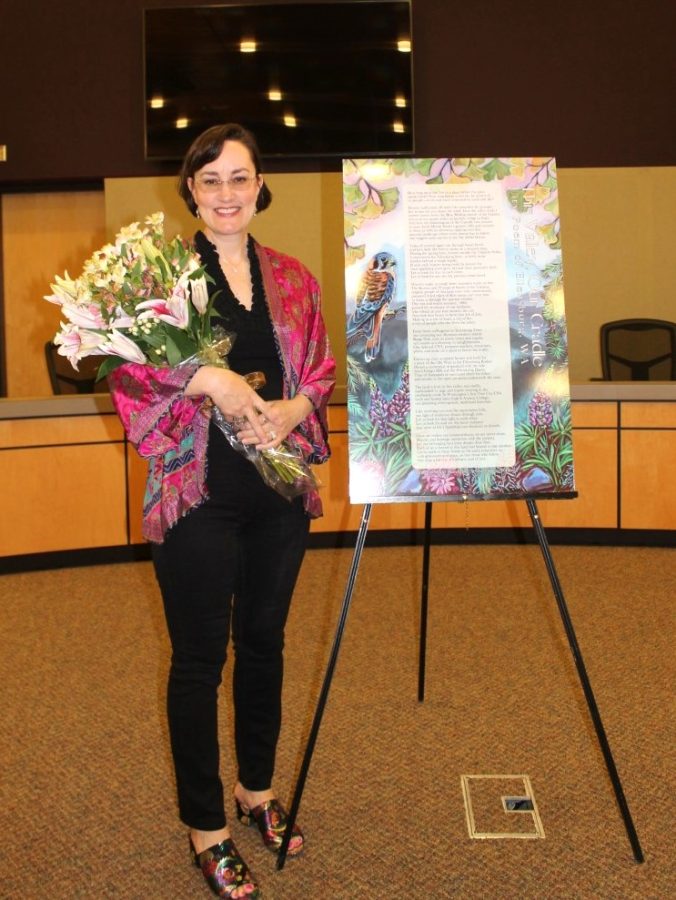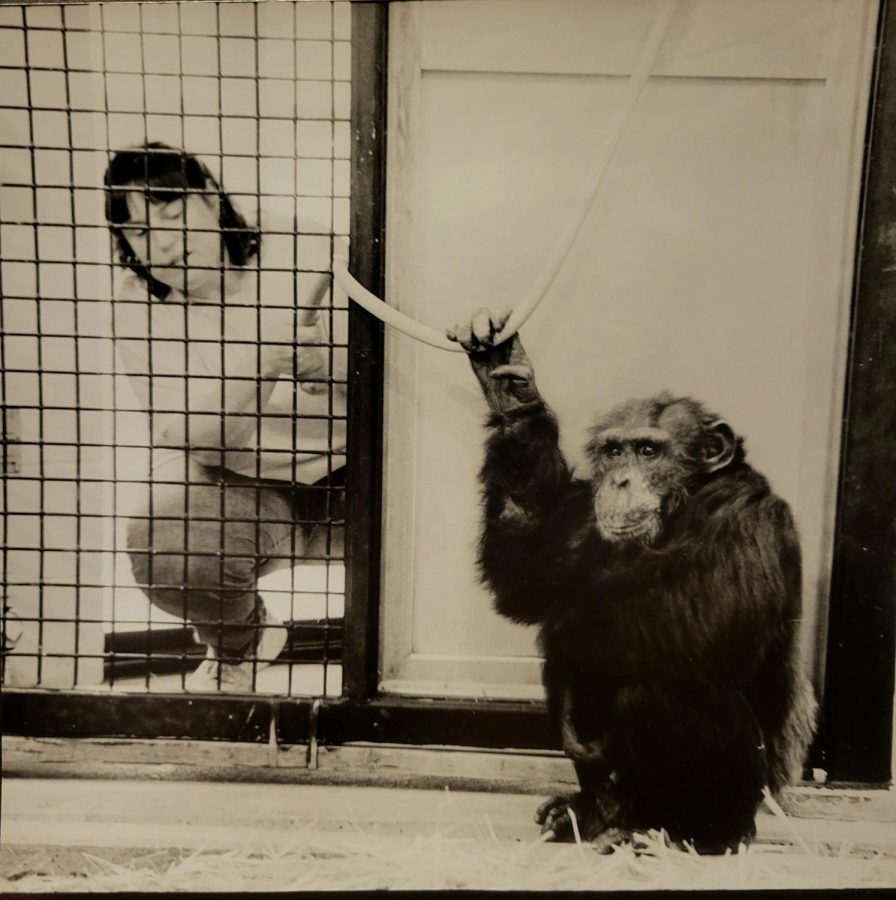By JULIA MARTINEZ, staff reporter
Glenn Greenwald, civil rights litigator turned political columnist, said Monday that nearly all human progress is “driven by people who have stood up and said, ‘I disagree with this idea’ that the society at the time considered to be the most precious, the most cherished, the one deserving of the greatest reverence.”
Greenwald’s keynote speech, “Under Fire: The War on Terror’s War on the First Amendment,” kick started Central’s First Amendment Festival.
Greenwald has appeared on MSNBC, CNN and “The Colbert Report,” and is scheduled to appear this Friday on “Real Time with Bill Maher.” He is a New York Times-bestselling author and a columnist for The Guardian, where he concentrates on exposing how civil liberties have been eroded in the name of national security.
Greenwald first explained what civil liberties are, since people are quick to say they “know their rights.”
“All we really mean when we talk about civil liberties or constitutional rights is the list of limitations that we have imposed on the government in terms of its power and what it is that it can do to us,” Greenwald said.
These liberties are easy to find, they are called the Bill of Rights, and they are “absolute in nature,” Greenwald said.
“They’re not waivable under certain circumstances, like war or threats to national security, or in internal instability,” Greenwald said.
Along with explaining civil liberties, Greenwald also explained that these rights are “anti-democratic” in that they cannot be changed, no matter how many people oppose or favor a particular act. These rights, according to Greenwald, were designed to protect minority rights.
“Ultimately what free speech … is really intended to do is to ensure that there are never any ideas considered to be so sacred, so shielded, so worshipped, that the state will bar people from challenging them or contradicting them,” Greenwald said.
Citing the Arab Spring, a term for the recent uprisings and revolutions in countries such as Egypt, Syria, Libya and Yemen, Greenwald said “free speech ensures that even the most extreme forms of tyranny can be uprooted.”
Even though many First Amendment rights have been eroded in the name of national security, Greenwald said there’s still hope. “As long as we have the unfettered ability to communicate with our fellow citizens to make people aware of injustices, to bring our version of the truth to other people and persuade them using the power of ideas, all forms of social change are possible,” he said.
Greenwald said a free press should act as a fourth check on the government, opposing and acting as adversaries. Journalists, in regard to the government, are supposed to “expose their secrets and uncover their wrongs and deceit.”
While the mainstream media has not been doing a good job of being a watchdog on government, Greenwald said, the internet has helped, because individuals can start their own blogs and newspapers and write against those in power.
Greenwald dove into two Supreme Court cases to remind the audience that even objectionable ideas are protected. Brandenberg v Ohio upheld the Ku Klux Klan’s right to advocate for killing those in power.
“It really is necessary if you’re gonna have free speech to protect not just pleasant, uncontroversial main-stream opinions but even those opinions that are most hated, most despised and most dangerous,” Greenwald said.
“Because ultimately if all you believe is that only uncontroversial, main-stream pleasant opinions should be permitted to be heard, but not offensive, heinous, dangerous ones, then by definition you don’t actually believe in free speech.”
It is very difficult for the average person to understand the current war on the First Amendment, Greenwald said, because if you refrain from expressing an opposing opinion and abide by the law, the government generally won’t bother you.
“If you allow the government to do a particular act to this citizen over here, because you think that citizen is a bad person who probably doesn’t deserve rights, you’re not just allowing the government to take action against that citizen, you’re allowing the government to take that action against any citizen that it chooses, you’ve legitimized and institutionalized that rights abuse,” Greenwald said.
The abuse of this power was a central point in the speech and Greenwald explained that in every government, there should be “a healthy fear in the heart of people who exercise power about what will happen to them if they abuse it.”
To end his speech, Greenwald gave an anecdote about WikiLeaks, a non-profit organization that leaks government information and classified documents and news from anonymous sources. In 2008, WikiLeaks leaked a document from the Pentagon that made it clear that the defense department deemed Wikileaks an enemy of the state.
That document prompted several people to tell Greenwald they were scared to donate money to Wikileaks because the Pentagon might then label them “enemies of the state.”
When people are too afraid to exercise their rights, “those rights become completely worthless,” Greenwald said. “It’s a much more effective form of tyranny.”
After a Q&A session with the remaining audience, where questions ranged from the definition of terrorism to court cases such as Citizens United v. Federal Election Commision, Greenwald attended a book signing and then a dinner with journalism students and sponsors.
Mike Davalos, junior communication studies major, said he thinks U.S. citizens “should be well aware of their liberties. The freedoms ensured to me under the First Amendment make me proud to be a citizen of this county. I enjoyed listening to his perspectives on court cases such as Brandenberg v. Ohio.”
Sophomore Alex Silvi, film and video studies, liked Greenwald’s points. “I think more people need to pay attention to what their freedoms are and they need to be more involved in politics, instead of celebrities and what they see on MTV.”













